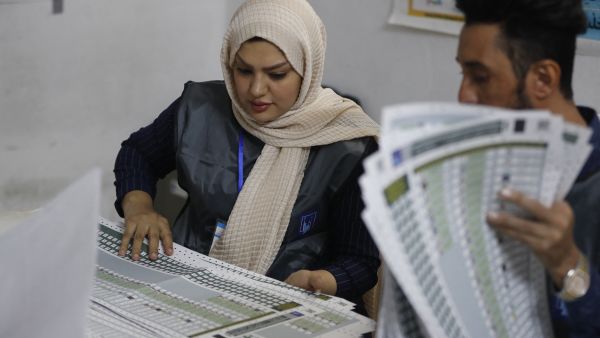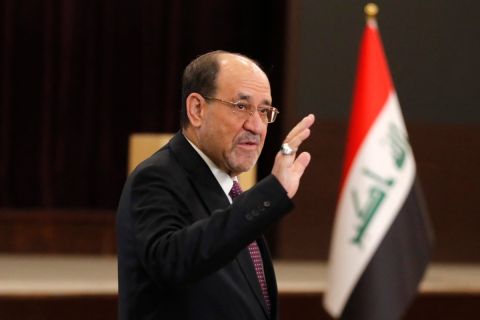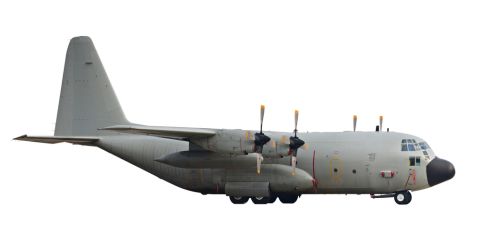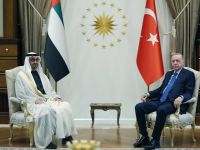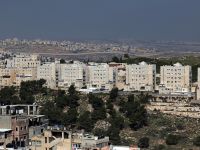ALBAWABA- Iraq’s sixth parliamentary elections since the 2003 U.S.-led invasion, concluded Tuesday evening, as polling stations closed at 6 p.m. local time, amid a boycott by key Shiite factions and predictions of record-low turnout.
Ballot counting began immediately, with sealed boxes transported under heavy guard to Baghdad’s central counting centers, monitored by the Independent High Electoral Commission (IHEC) and more than 185,000 security personnel.
While no preliminary results have been released, officials expect final tallies within days, barring disputes or recounts.
Voting proceeded largely peacefully across the country, despite tight security in flashpoint areas such as Baghdad’s Sadr City and Basra.
Early voting for displaced citizens and security forces took place on Sunday, but overall participation was weak. By midday, turnout stood at just 23.9 percent of the 21.4 million registered voters out of an estimated 32 million eligible, reflecting deep frustration with two decades of corruption, political gridlock, and militia dominance.
The boycott by Muqtada al-Sadr’s movement, once Iraq’s largest Shiite political force, could shift the balance of power toward Prime Minister Mohammed Shia al-Sudani’s Coordination Framework. This bloc navigates between U.S. and Iranian influence.
The elections, held four years early following a 2022 snap vote that failed to end political paralysis, will determine Iraq’s 329-seat parliament. Al-Sudani, seeking re-election, hailed the vote as a “democratic milestone,” thanking security forces and international observers, including UNAMI, for ensuring calm.



